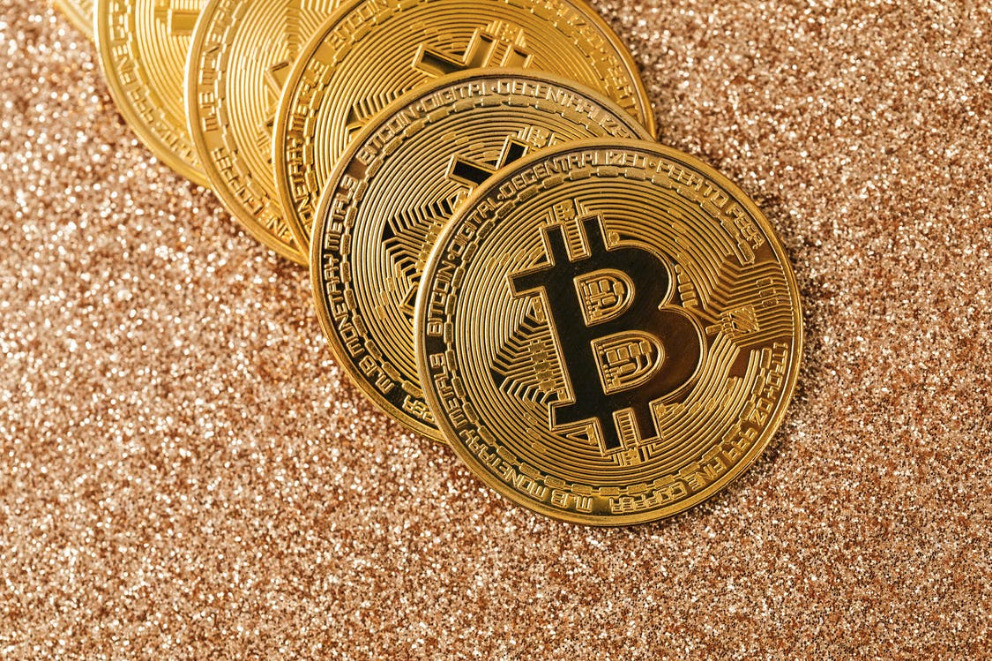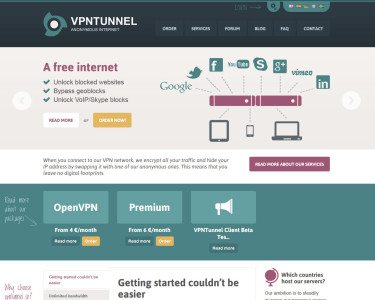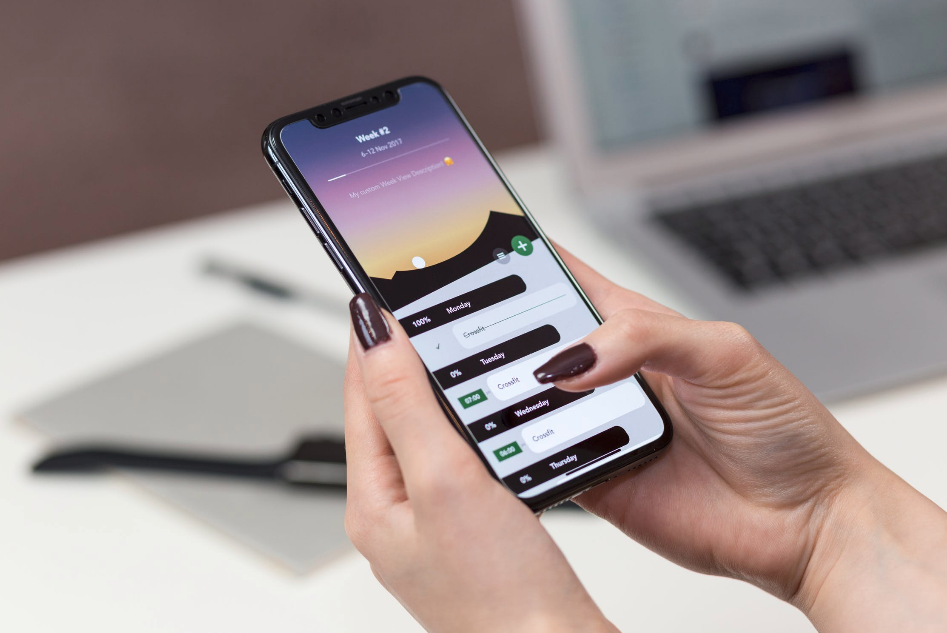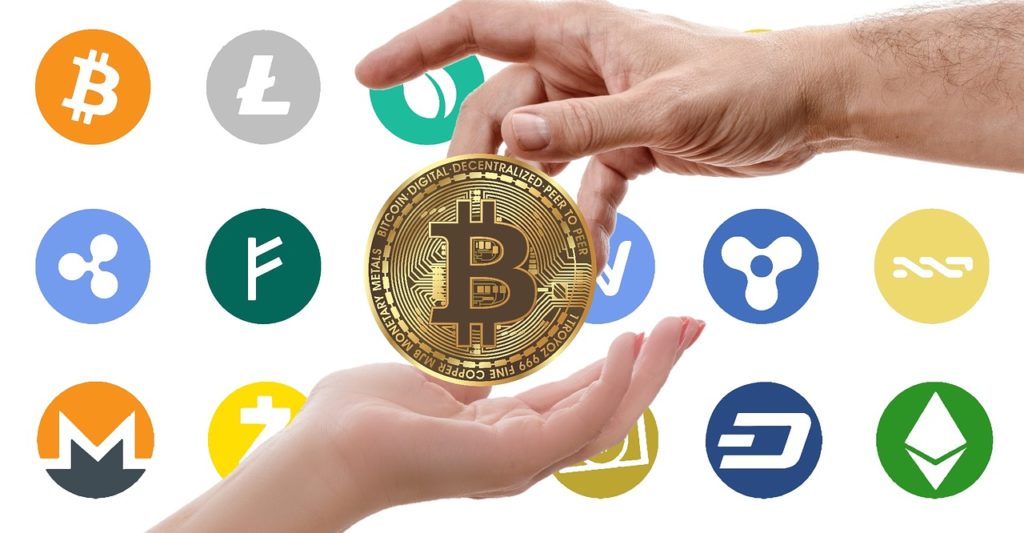Unlock the Internet: The Best Free VPN Services for 2023
Introduction
In today’s digital age, where online privacy and unrestricted internet access are paramount, Virtual Private Networks (VPNs) have emerged as essential tools. Whether you’re concerned about data security, want to bypass geographical restrictions on content, or simply seek a cost-effective solution for anonymous browsing, free VPN services can be a game-changer. This article delves into the best free VPN services for 2023, highlighting their benefits, features, and how to choose the perfect one for your needs.
Why You Need a Free VPN: Benefits and Common Uses
Understanding What a VPN is and How it Works
A Virtual Private Network (VPN) acts as a secure tunnel between your device and the internet, encrypting your data and masking your IP address. This not only ensures privacy but also helps you access content that’s restricted based on your geographical location.
Privacy and Security: Keeping Your Data Safe
One of the primary reasons to use a VPN is to safeguard your personal information from cyber threats. Free VPNs often offer robust security features, protecting your data from hackers and ensuring your online activities remain confidential.
Bypassing Geo-restrictions: Accessing Blocked Content
Many streaming services, websites, and apps restrict content based on location. With a free VPN, you can easily circumvent these geo-restrictions, allowing you to enjoy a world of entertainment and information from anywhere.
Cost-Effectiveness: Why Choose a Free VPN Over a Paid Option?
While paid VPN services come with advanced features, free VPNs provide a budget-friendly alternative without compromising on essential functionalities. For casual users or those new to VPNs, free options offer a practical introduction to enhanced online privacy and unrestricted access.
Why You Need a Free VPN: Benefits and Common Uses
Understanding What a VPN is and How it Works
A Virtual Private Network (VPN) is a powerful tool that enhances your online privacy and security. By creating an encrypted tunnel between your device and the internet, a VPN ensures that your data remains private and protected from prying eyes. When you connect to a VPN server, your IP address is masked, and your internet traffic is routed through a secure server located in a different location. This not only hides your physical location but also encrypts your data, making it difficult for hackers, advertisers, or even your Internet Service Provider (ISP) to track your online activities.
Privacy and Security: Keeping Your Data Safe
One of the primary reasons why you’d need a free VPN is to safeguard your privacy and security online. In an age where data breaches and cyber-attacks are rampant, ensuring that your personal information does not fall into the wrong hands is crucial. A free VPN encrypts your internet connection, making it almost impossible for cybercriminals to intercept your data. This is particularly important when using public Wi-Fi networks, which are notorious for being insecure and vulnerable to attacks. With a free VPN, you can browse the web with confidence, knowing that your sensitive information is protected.
Bypassing Geo-restrictions: Accessing Blocked Content
Another significant advantage of using a free VPN is its ability to bypass geo-restrictions, allowing you to access content that may be blocked or restricted in your region. Many streaming services, websites, and online platforms restrict access to their content based on the user’s geographical location. By connecting to a VPN server in a different country, you can mask your IP address and appear as if you’re browsing from that location. This opens up a world of possibilities, enabling you to enjoy your favorite shows, movies, and websites without any limitations. Whether you’re traveling abroad or simply want to explore content from different regions, a free VPN can be your gateway to a truly borderless internet experience.
Cost-Effectiveness: Why Choose a Free VPN Over a Paid Option?
Cost is often a significant factor when deciding whether to choose a free VPN or a paid one. While paid VPN services typically offer more advanced features and unlimited bandwidth, free VPNs provide a viable alternative for those who are budget-conscious. Free VPNs are ideal for users who require basic privacy and security features without needing to invest in a subscription. They offer a practical solution for occasional use, such as protecting your connection during travel or accessing restricted content occasionally. Although free VPNs may come with limitations such as data caps or fewer server options, they still provide essential benefits that can enhance your online experience without incurring additional costs.
Conclusion
In summary, a free VPN can be an invaluable tool for safeguarding your online privacy, accessing blocked content, and maintaining a secure internet connection without breaking the bank. Understanding how a VPN works, along with the key benefits of using one for privacy, security, and bypassing geo-restrictions, helps you make an informed decision about whether a free VPN is the right choice for you. While free VPNs may have some limitations, their cost-effectiveness and essential features make them an attractive option for many users. As you explore the best free VPN services for 2023, you’ll be better equipped to choose a solution that meets your specific needs and helps you unlock the full potential of the internet.
Top 5 Free VPN Services for 2023: Features, Pros, and Cons
In a world increasingly conscious of digital privacy and unrestricted access, finding a reliable free VPN service can be challenging. To help you make an informed choice, we have compiled a detailed analysis of the top 5 free VPN services available in 2023. Each VPN service is assessed based on its features, pros, and cons, allowing you to determine which one best fits your needs.
Detailed Reviews of the Best Free VPNs Available
Below are comprehensive reviews of the best free VPN services to consider this year:
1. ProtonVPN
ProtonVPN is renowned for its robust privacy features and unlimited bandwidth. Originating from Switzerland, it leverages some of the world’s strongest privacy laws to safeguard your online activities.
Key Features:
- Unlimited bandwidth
- High-security standards, with AES-256 encryption
- Access to servers in three countries
Pros:
- No data limits
- Ad-free experience
- Strong security and privacy measures
Cons:
- Limited server locations in the free version
- Slower connection speeds compared to the premium version
- No P2P support in the free tier
2. Windscribe
Windscribe offers a generous data allowance and an intuitive interface, making it a solid choice for anyone seeking a free VPN. It provides 10GB of data per month, which should cater to most users‘ needs.
Key Features:
- 10GB of data per month
- Access to servers in 10 countries
- Built-in ad blocker and firewall
Pros:
- Generous data allowance
- Ad and malware blocking
- User-friendly interface
Cons:
- Data usage limit can be restricting for heavy users
- Occasional connectivity issues
- Limited customer support for free users
3. TunnelBear
TunnelBear is well-known for its approachable design and ease of use. It provides 500MB of data per month, which can be increased through promotional activities like tweeting about the service.
Key Features:
- 500MB of data per month
- Servers in over 20 countries
- Simple and intuitive interface
Pros:
- Ease of use and appealing design
- Option to increase data allowance through social media
- Good security features
Cons:
- Limited monthly data cap
- Slower speeds on the free plan
- No live chat support
4. Hotspot Shield
Hotspot Shield offers high-speed connections and a solid 500MB daily data limit. Its proprietary Catapult Hydra protocol ensures swift and secure data transmission.
Key Features:
- 500MB daily data limit
- High-speed connections with Catapult Hydra protocol
- Military-grade encryption
Pros:
- Consistent high speeds
- Reliable security measures
- Daily data limit means potential for 15GB per month
Cons:
- Advertisements in the free version
- Limited to one device
- Restricted server access in the free tier
5. Hide.me
Hide.me is another excellent choice for a free VPN, providing a secure and privacy-focused experience without bombarding you with ads. It offers 10GB of data per month and access to five server locations.
Key Features:
- 10GB of data per month
- Access to five server locations
- Strong encryption and a no-logs policy
Pros:
- No ads in the free version
- Good privacy policies
- Reliable and secure connections
Cons:
- Limited data per month
- Restricted server access
- No access to advanced features in the free tier
Key Features to Look For: Speed, Bandwidth, and Server Locations
When selecting a free VPN service, consider the following key features:
- Speed: A VPN’s speed is vital for streaming, downloading, and general browsing. High-speed servers ensure a smoother experience.
- Bandwidth: Bandwidth limits can drastically affect your internet usage. Opt for services that offer generous or unlimited bandwidth.
- Server Locations: More server locations generally provide better access to geo-restricted content and improved connection options.
Pros and Cons: Weighing the Advantages and Disadvantages
While free VPNs provide an affordable means to enhance your online privacy and access blocked content, they come with certain trade-offs. Understanding these pros and cons ensures you make an educated choice:
- Pros:
- Cost-effective with no monetary investment
- Improves online privacy and security
- Grants access to geo-restricted content
- Cons:
- Data and bandwidth limitations
- Potentially slower speeds
- Limited server options and features
- Advertisement-supported models
User Recommendations and Performance Analysis
User experiences and performance analyses are crucial in evaluating a free VPN’s effectiveness. Reviews from real users can reveal insights into everyday usage scenarios, highlighting strengths and pinpointing weaknesses. Additionally, performance metrics such as speed tests and server reliability are essential factors to consider.
By aggregating user feedback and analyzing performance data, you can make a more informed decision, ensuring the free VPN you choose meets your particular needs in terms of privacy, accessibility, and usability.
How to Choose the Best Free VPN for Your Needs
Evaluating Your Requirements: Security, Speed, and Compatibility
When selecting the best free VPN for your needs, it’s crucial to begin by evaluating your specific requirements. Are you primarily concerned about enhancing your online security and privacy? Or is accessing geo-blocked content more of a priority? Understanding your key motivations will help guide your decision-making process.
Firstly, assess the security features offered by various free VPN services. Look for essential elements such as military-grade encryption, a strict no-logs policy, and robust protocols like OpenVPN or IKEv2. These features are paramount for ensuring your data remains safe and secure.
Next, consider the speed of the VPN. Slow connection speeds can significantly impact your browsing experience, particularly if you plan to stream videos or engage in online gaming. Read user reviews and performance tests to gauge the speed and reliability of different VPNs.
Lastly, check the compatibility of the VPN with your devices and operating systems. Ensure that the VPN is available on your preferred platforms, whether it’s Windows, macOS, Android, iOS, or even Linux. A cross-platform VPN provides greater flexibility and convenience.
Comparing Free VPNs: Which One is Right for You?
Once you have a clear understanding of your requirements, it’s time to compare different free VPN options. Start by creating a shortlist of VPNs that meet your basic criteria for security, speed, and compatibility. Then, delve deeper into their individual features and offerings.
Consider the server locations provided by each VPN. A wider range of servers can offer better access to geo-restricted content from various regions around the world. Additionally, having multiple server options can help balance the load and enhance connection speeds.
Another important factor to examine is the bandwidth limitations. Some free VPNs impose strict data caps, while others offer more generous allowances. If you plan on using the VPN for high-bandwidth activities like streaming or large downloads, opt for a service with higher data limits.
Customer support is another critical element to consider. Even free VPN services should provide reliable customer support, whether through online resources, community forums, or direct assistance. Ensure that help is readily available should you encounter any issues.
Installation and Setup Guides: Making It Easy to Get Started
One of the key aspects to look for in a free VPN service is the ease of installation and setup. A user-friendly VPN will have straightforward, step-by-step guides to help you get started without any hassle. Many VPN providers offer detailed tutorials, including video guides, to assist users through the installation process.
Typically, setting up a VPN involves downloading the software, installing it on your device, creating an account, and connecting to a server. Most reputable free VPNs have made this process as streamlined as possible, minimizing the technical know-how required to start using the service.
If you’re new to using VPNs, consider choosing a provider that offers comprehensive support materials. These resources can guide you through common tasks such as switching servers, configuring advanced settings, or troubleshooting connectivity issues.
Important Considerations: Data Limits, Ads, and Support
A key consideration when choosing a free VPN service is the presence of data limits. Many free VPNs impose restrictions on the amount of data you can use within a specified period. Understanding these limits is essential to ensure the service aligns with your usage patterns. For instance, if you plan on using the VPN for light browsing and occasional streaming, a lower data cap might suffice. However, for more intensive usage, you’ll need a VPN with higher or no data limits.
Another aspect to be aware of is whether the VPN displays ads. Free VPN providers often rely on advertisements to generate revenue, which can sometimes interrupt the user experience. Evaluate if the trade-off is worth it for you, or if you might prefer a service that offers an ad-free experience.
Lastly, review the level of customer support provided by the VPN provider. Free services may not offer the same level of support as their paid counterparts, but they should still provide adequate assistance when needed. Look for services with good user reviews regarding their support responsiveness and helpfulness.
In conclusion, choosing the best free VPN for your needs involves a thorough evaluation of your specific requirements, a detailed comparison of available services, and consideration of factors like data limits, advertisements, and customer support. By taking these steps, you can ensure that you select a VPN that will offer a secure, fast, and reliable experience tailored to your individual needs.
Conclusion: Choose Wisely to Unlock the Full Potential of the Internet
In today’s increasingly interconnected world, utilizing a free VPN can enhance your online experience by providing privacy, security, and unfiltered access to global content. Free VPNs serve as a valuable tool for those looking to protect their data, bypass geo-restrictions, and enjoy a cost-effective solution to their internet browsing needs.
Key Takeaways
Understanding the benefits and common uses of VPNs is essential for making an informed choice. With the right VPN, you can ensure your safety while surfing the web and access content that may otherwise be blocked based on your geographic location. The security and anonymity provided by VPNs are invaluable in protecting against cyber threats and maintaining your digital privacy.
Our detailed reviews of the top 5 free VPN services for 2023 offer insight into the features, pros, and cons of each option. As you evaluate these VPNs, consider factors such as speed, bandwidth, and server locations, along with the performance and user recommendations we’ve provided.
Making the Right Choice
Choosing the best free VPN for your needs involves a careful assessment of your requirements. Whether your priority is security, speed, or device compatibility, there is a free VPN out there that can meet your needs. We have laid out comparisons and provided installation and setup guides to ease the decision-making process. It’s important to take into account data limits, advertisements, and customer support when selecting a free VPN service.
In conclusion, a free VPN can open up new possibilities for your internet usage by providing a shield of security and unrestricted access to content. With these tools at your disposal, you are better equipped to navigate the digital landscape safely and efficiently. Choose wisely to unlock the full potential of the internet, and enjoy the benefits that the best free VPN services of 2023 have to offer.




 Cryptocurrencies have long since left the nursery. That’s good. Because this means that there are more and more buyers for the hotly traded digital money, especially in its best-known form, Bitcoin.
Cryptocurrencies have long since left the nursery. That’s good. Because this means that there are more and more buyers for the hotly traded digital money, especially in its best-known form, Bitcoin.

 With espionage apps, parents always have their kids in their sights. Is this the total control mania? Or a new dimension of care?
With espionage apps, parents always have their kids in their sights. Is this the total control mania? Or a new dimension of care? 